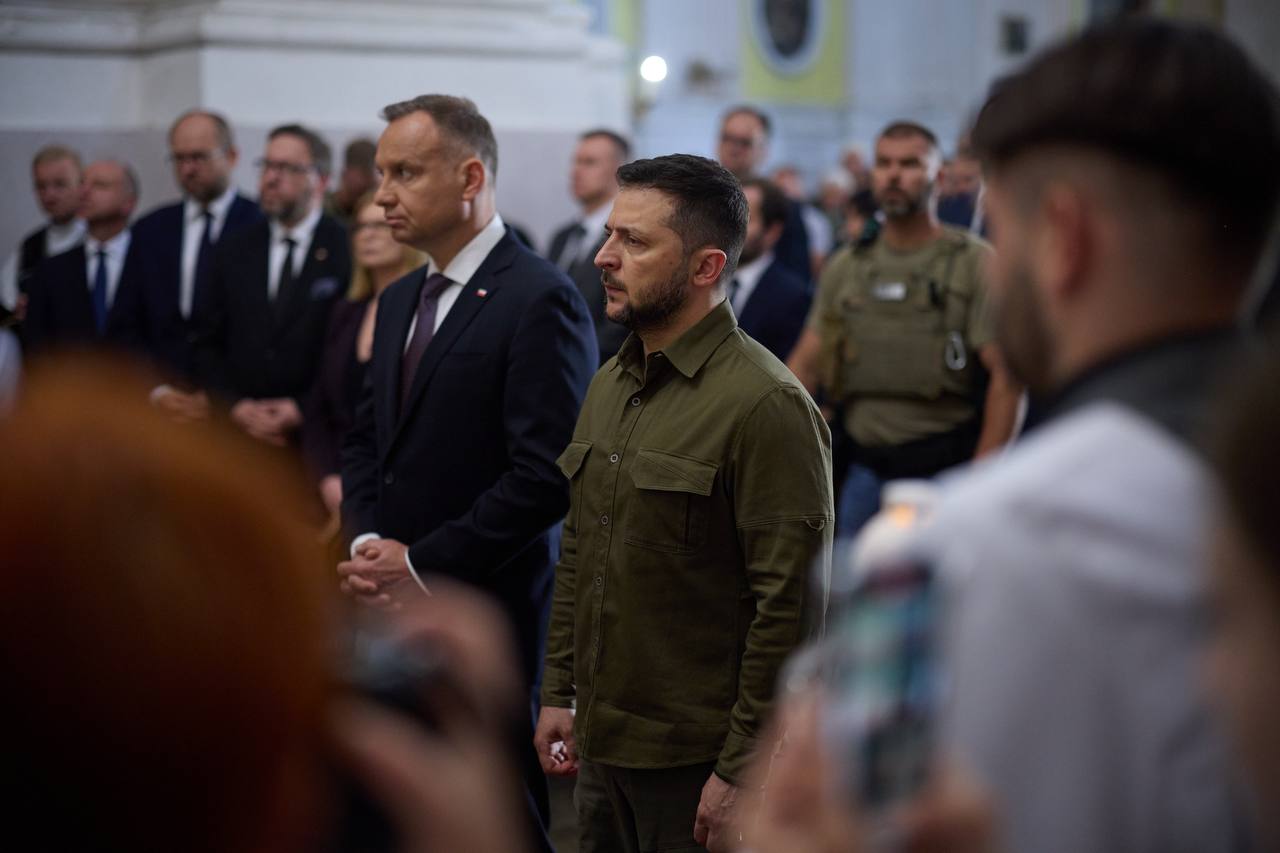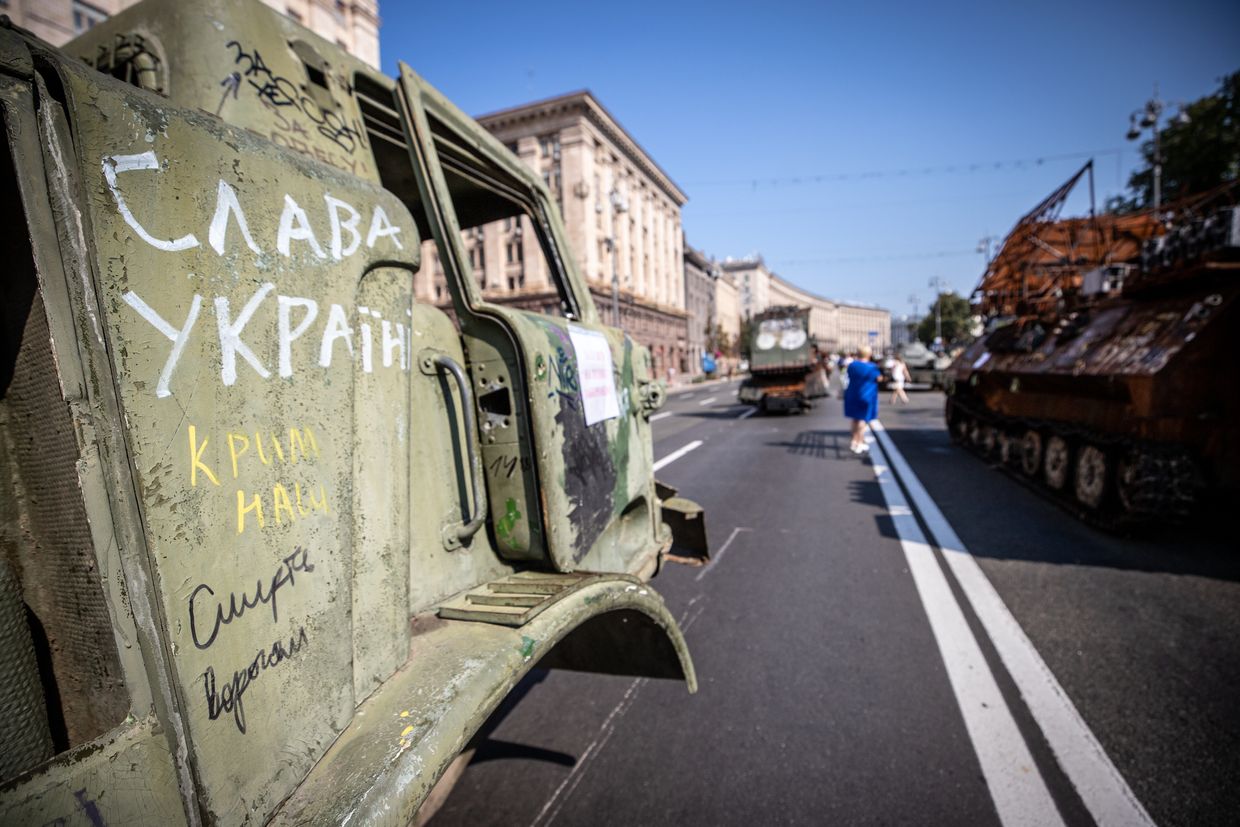Polish official: Ukraine 'cannot dream' of EU without resolving Volyn victims' exhumations

Ukraine "cannot dream of joining the European Union" without resolving the issue of the exhumation of Volyn massacre victims' remains on Ukrainian territory, the Polish Foreign Ministry's Undersecretary of State Pawel Jablonski said on Nov. 7.
"In my opinion, without a solution to this issue - and many Ukrainians are already aware of this - Ukraine cannot dream of joining the European Union," the official of the outgoing Polish government said in an interview with Radio ZET.
"Therefore, we will absolutely emphasize that without a solution to this issue, there will be no long-term reconciliation with Ukraine."
When asked directly whether the issue of exhumations would be a condition of Warsaw's backing for Kyiv's EU accession, Jablonski answered he does "not like talking about conditions" but added that cooperation would be difficult without resolving the problem.
In the spring and summer of 1943, members of the Ukrainian Insurgent Army (UPA), the military branch of the Organization of Ukrainian Nationalists (OUN), massacred thousands of Poles in Nazi-occupied Volyn, a region that used to be part of Poland and is now part of Ukraine. Thousands of Ukrainians were killed in retaliation.
Ukrainian historian Serhii Plokhy, director of the Ukrainian Research Institute at Harvard University, estimates that the number of Polish victims of the massacre varies from 60,000 to 90,000.
The number of Ukrainians killed by Poles in the 1940s is estimated at between 10,000 and 20,000, including between 2,000 and 3,000 in Volyn, according to Polish historian Grzegorz Motyka.
Since 2016, July 11, a pivotal day in the massacre, sometimes called "Bloody Sunday," has been recognized by Poland as the National Day of Remembrance of Genocide Victims. Ukraine denies the term "genocide" to describe the Volyn massacre.
President Volodymyr Zelensky promised in 2019 to lift the Ukrainian moratorium on the exhumation of Volyn victims, imposed in reaction to cases of destruction of UPA memorials in Poland.
Poland's head of state, Andrzej Duda, said in August that obtaining permission for the exhumations plays a crucial role in Polish-Ukrainian relations.















